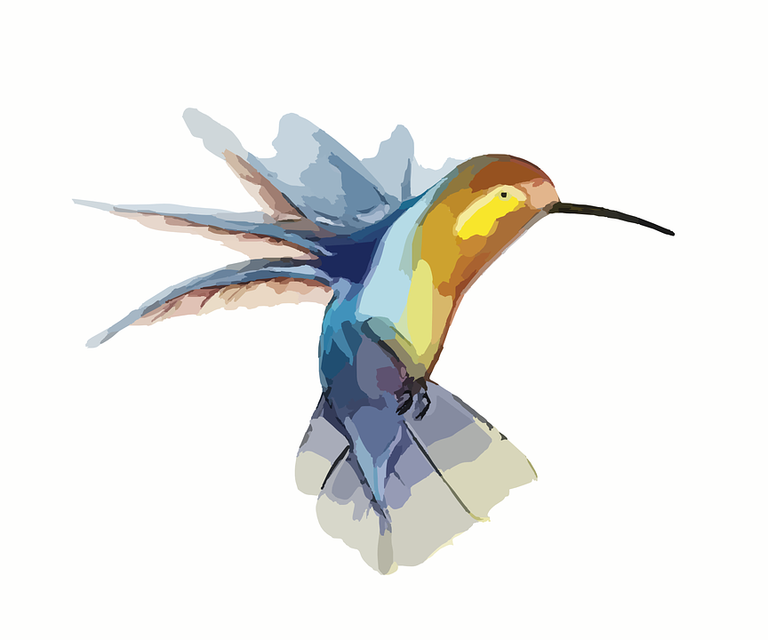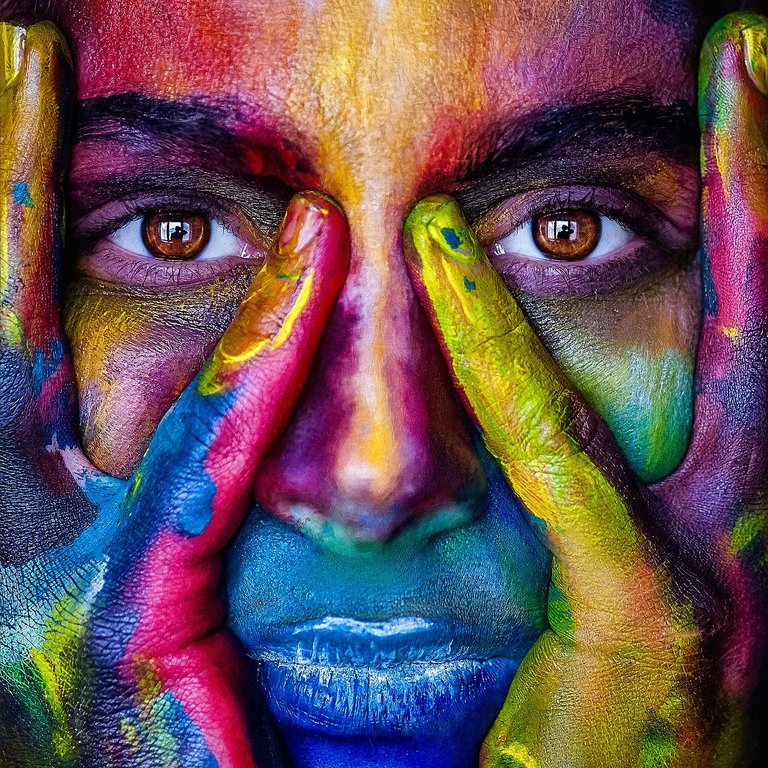Cuando crees que me ves, hago ‘chas’ y colapso a tu lado.
La superposición cuántica.
Fin de año. Momento en el cual se tiene la sensación de finitud de un ciclo. Así como discurre el año, así mismo avanza nuestro tiempo, avanza el ciclo vital; y a la vez se acorta. Esta superposición, avance/término no es paradójica, hace referencia a una propiedad natural donde existimos en estados ambiguos, hasta que un punto, el fin de la vida como la conocemos, tal vez, transforma nuestra energía en un aparente estado terrenal final.
Cada año vivido y ganado en riquezas, tanto no tangibles como intangibles, es un año que nuestro cuerpo supera con mayor dificultad los embates del reloj. Pero,…qué es lo que nos conmina a asumir la aceptación constante de ambos estados vivenciales, qué es tan poderoso que avanzamos hacia un final profético, desde antes de nuestro nacimiento, con la firme convicción de que no lo es.
Quizás, esto pase porque trascendemos a las demandas de la psique y nos sumergimos en un estado ideal de conciencia, donde nuestra existencia se mira en forma constante en el espejismo de lo que nuestra mente no termina de dar por hecho.
Fe.
Más allá de estar unida a religiones, posiciones políticas, de raza o filosóficas, la fe aparece en el plano inmanente del ser humano: la fe nace de la necesidad del self a creer en su propia trascendencia. Como la semilla de la mostaza, pequeña, la fe puede hacer que desde algo muy diminuto y poco probable, nuestros propósitos se muevan hacia grandes metas finales.
Razón.
La razón en filosofía es la virtud que posee el ser humano para cuestionar, reconocer, comprobar conceptos, debatirlos, así como de deducir o inducir conceptos diferentes a los que ya se domina.
Razón
Por lo tanto, si la razón tiene la misma libertad que el pensamiento para progresar hacia estados de conciencia que transgreden nuestros propios límites epistémicos, demanda un dominio a la luz del acontecer investigativo y el derrumbe de paradigmas.
Fe y razón.
José Ortega y Gasset, considera que tener fe es un acto inteligente, porque creer no significa invalidar la presencia de la razón. Es por eso que este autor nos habla de una fe en movimiento, hecha de experiencias de vida y comprometida con una realidad objetiva y palpable.
Fe viva y razón activa
De esta forma, Ortega y Gasset, reafirma que con independencia de campo, la fe no es privativa de la razón; no son ángulos contrapuestos; puesto que ambas se mueven en el dominio de lo terrenal y bajo la demanda de libertad que tiene cada persona, desde su albedrío. De esta forma, razón y fe no son estarían es esquinas contrapuestas. Hay personas que no tienen creencias religiosas, ni políticas, ni de géneros, por ejemplo. Sin embargo, se señalan como creyentes de su propia fe.
Fe y esperanza.
Nuestra concepción de la esperanza había estado sujeta tradicionalmente a la alternativa de esperar un mundo mejor por obra y gracia de algo externo a nosotros -la divinidad o supuestas leyes de la historia-, o aceptar que tenemos la capacidad para construir ese mundo a fuerza de tesón: el voluntarismo humanista…
Ontología y política de la esperanza. De Ernst Bloch a Quentin Meillassoux
Esta perspectiva comulga con lo que venimos diciendo sobre la fe activa, que podría entenderse como dar pasos de fe. Esta posición, está en función de sumir que ponemos nuestras creencias en la efectividad absoluta de nuestras acciones, confiando activamente en que obtendremos los mejores resultados o muy cerca de los que esperamos en retribución a nuestros mejores y mayores esfuerzos.
La fe, como creencia personal, se subjetiva al terreno ontológico de la existencia y de las creencias personales. Esto nos impele a gozar de un estado de ánimo esperanzador, el que otorga, el que dice sobre el sentido de mis propósitos primarios de vida. Parafraseando a Paul Kurtz, _mi libertad de no creer, es la que experimento como la primera libertad del ser humano._
Entonces, ¿cómo está tu fe en estos días?

Traducción realizada con Google.

When you think you see me, I go ‘pop’ and collapse next to you.
Quantum superposition.
End of the year. Moment in which we have the sensation of finiteness of a cycle. Just as the year goes by, so does our time advance, the life cycle advances; and at the same time it shortens. This superposition, progress/end is not paradoxical, it refers to a natural property where we exist in ambiguous states, until a point, the end of life as we know it, perhaps, transforms our energy into an apparent final earthly state.
Every year lived and gained in riches, both intangible and intangible, is a year that our body overcomes with greater difficulty the onslaught of the clock. But,…what is it that compels us to assume the constant acceptance of both experiential states, what is so powerful that we advance towards a prophetic end, from before our birth, with the firm conviction that it is not.
Perhaps, this happens because we transcend the demands of the psyche and immerse ourselves in an ideal state of consciousness, where our existence is constantly seen in the mirage of what our mind does not finish taking for granted.
Faith.
Beyond being linked to religions, political, racial or philosophical positions, faith appears on the immanent plane of the human being: faith is born from the need of the self to believe in its own transcendence. Like the small mustard seed, faith can make our purposes move from something very tiny and unlikely towards great final goals.
Reason.
Reason in philosophy is the virtue that the human being possesses to question, recognize, verify concepts, debate them, as well as to deduce or induce concepts different from those already mastered.
Reason
Therefore, if reason has the same freedom as thought to progress towards states of consciousness that transgress our own epistemic limits, it demands mastery in the light of investigative events and the collapse of paradigms.
Faith and reason.
José Ortega y Gasset, considers that having faith is an intelligent act, because believing does not mean invalidating the presence of reason. That is why this author speaks to us of a faith in movement, made of life experiences and committed to an objective and palpable reality.
Living faith and active reason
In this way, Ortega y Gasset reaffirms that regardless of the field, faith is not exclusive to reason; they are not opposing angles; since both move in the domain of the earthly and under the demand for freedom that each person has, from their free will. In this way, reason and faith are not opposing corners. There are people who do not have religious, political, or gender beliefs, for example. However, they are identified as believers of their own faith.
Faith and hope.
Our conception of hope had traditionally been subject to the alternative of hoping for a better world by the grace of something external to us - divinity or supposed laws of history - or accepting that we have the capacity to build that world through sheer determination: humanistic voluntarism...
Ontology and politics of hope. From Ernst Bloch to Quentin Meillassoux
This perspective agrees with what we have been saying about active faith, which could be understood as taking steps of faith. This position is based on assuming that we place our beliefs in the absolute effectiveness of our actions, actively trusting that we will obtain the best results or very close to those we expect in return for our best and greatest efforts.
Faith, as a personal belief, is subjectivized to the ontological terrain of existence and personal beliefs. This impels us to enjoy a hopeful state of mind, which grants, which says about the meaning of my primary purposes in life. Paraphrasing Paul Kurtz, _my freedom to not believe, is what I experience as the first freedom of the human being._
So, how is your faith these days?

Traducción realizada con Google.



